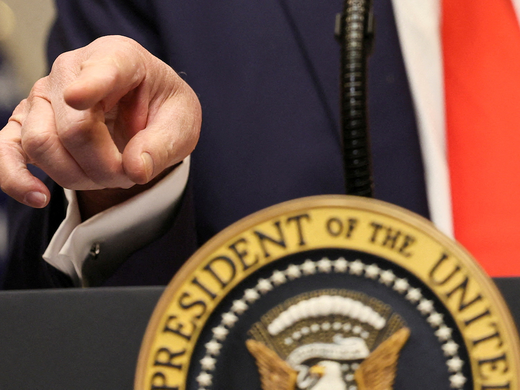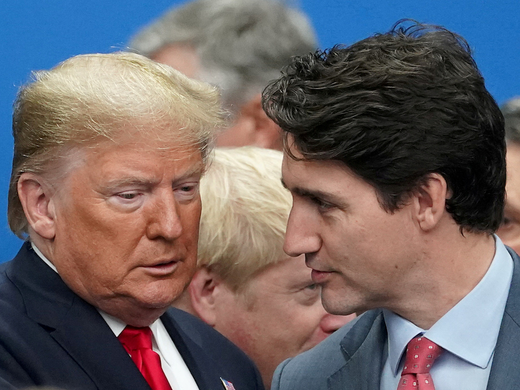Subnational actors will increasingly play a role in international treaty making. The “Walloon CETA saga” that occurred during ratification of the Comprehensive Economic and Trade Agreement (CETA) in 2016, in which the Walloon Parliament initially blocked approval for Belgium to sign CETA, indicates that more attention is warranted as to how best to keep subnational interests represented as modern treaties increasingly affect the competences of such actors. If the European Union is to build cohesive economic policy and maintain legitimacy as a unified participant in international economic treaty making, a new, practical constitutional approach to consultation and engagement of subnational counterparts is needed.


